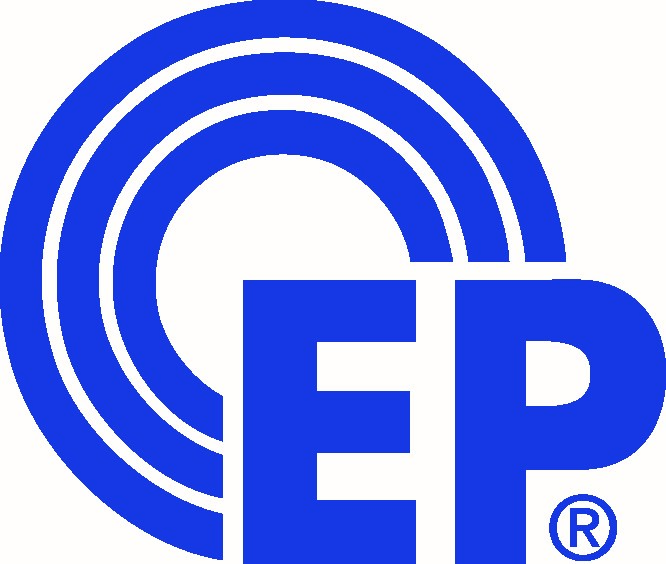|
This is the first article in a series of articles by The Canadian Council on Continuing Education in Pharmacy (CCCEP) about the value of high quality continuing education for pharmacy professionals, the difference it can make to their practice and careers, and the role accreditation can play in ensuring the quality of continuing education. |
Today's pharmacy professional
meeting career demands through continuing education
new expectations driving the need for new competencies
Expectations of pharmacy professionals have shifted immensely. While it is still critical that they communicate accurate, detailed, and important information in ways that laypeople can understand, pharmacy professionals’ duties often also include those of a care provider, manager, leader, patient educator, counsellor, mentor, researcher, collaborator, health advocate, scholar or even business owner (Bragazzi et al., 2020; Association of Faculties of Pharmacy of Canada, 2017; Canadian Association of Pharmacy Technicians, n.d.). New standards of care, new therapeutic approaches, and increased accountability drive the need for new competencies and advancement of pharmacy practice (Rouse et al., 2018).
continuing education in the pharmacy profession
Continuing education has become increasingly important in helping pharmacy professionals meet these new career demands. It helps them ensure professional competency, enhance practice and provide improved patient care (Baumgartner et al., 2020). According to a report from UNESCO Institute for Lifelong Learning (2020), “lifelong learning fosters people’s capacity to deal with change and to build the future they want” (p. 10). It also improves employability and entrepreneurship, enhances public health and builds resilient communities (UNESCO, 2020). Best of all, it’s self-perpetuating; seeing the impact of one’s learning is a strong motivator to do additional learning (Rouse et al., 2018).
what makes for optimal continuing education?
To make sure continuing education is effective, it’s important that it be structured according to an assessment of current practice, including patient, organizational, and societal needs (Rouse et al., 2018). According to Rouse et al. (2018), “Continuing education activities are more effective in achieving sustained learning and practice change for the learner if they:
- are in an area of interest of preference
- are related to daily practice,
- are selected in response to an identified need,
- are interactive, hands-on,
- use more than one intervention,
- are cumulative rather than episodic,
- use reflection,
- are self-directed (in content and context),
- focus on specific outcomes or objectives, and
- include a commitment to change (p. 153)
accredited learning activies: quality that learners can count on
High-quality continuing education enables improved learning and better patient care. It also facilitates improved clinical and non-clinical performance and innovation (Baumgartner et al., 2020). The question is: how can we ensure a standard for the quality of continuing education? One of the key approaches to this is the accreditation of the learning activities. Accreditation can be described as a “trust-based, standards-based, evidence-based, judgement-based, peer-based process” (Drumm et al., 2020, p. 5) that can assure all stakeholders that a continuing education activity is a quality learning activity and free of any bias (Baumgartner et al., 2020). It involves a set of requirements that a learning activity must meet, specifying expectations for elements such as the content, design, development, delivery, or learner assessment. It may also include criteria for the personnel involved in the design and delivery of learning activities (Baumgartner et al., 2020).
Conclusion
As today’s pharmacy professionals strive to deliver the best possible healthcare, it’s important for them to pursue optimal, high-quality continuing education to meet their growing career demands. One approach to this is through accredited learning activities. Focusing on continuing education in this way can also help these professionals achieve higher job satisfaction, improve employability, and even create opportunities for entrepreneurship.
References
Association of Faculties of Pharmacy of Canada. (2017). AFPC Educational Outcomes for First Professional Degree Programs in Pharmacy in Canada 2017. https://www.afpc.info/system/files/public/AFPC-Educational%20 Outcomes%202017-Executive%20Summary_final%20Jun2017.pdf
Baumgartner, J., Bradley, C., Clark, B., Janes, C., Johnstone, E., Rouse, M., & Whetstone, A. (2020). Global Forum on Quality Assurance in CE/CPD: Assuring Quality across Boundaries. Pharmacy, 8(3), 114-. https://doi.org/10.3390/pharmacy8030114
Drumm, S., Moriarty, F., Rouse, M. J., Croke, D., & Bradley, C. (2020). The Development of an Accreditation Framework for Continuing Education Activities for Pharmacists. Pharmacy, 8(2), 75-.
https://doi.org/10.3390/pharmacy8020075
Rouse, M. J., Trewet, C. B., & Janke, K. K. (2018). Advancing learning to advance pharmacy practice. Journal of the American Pharmacists Association, 58(2), 151–155. https://doi.org/10.1016/j.japh.2017.11.002
UNESCO Institute for Lifelong Learning. (2020). Embracing a culture of lifelong learning: contribution to the Futures of Education initiative. https://unesdoc.unesco.org/ark:/48223/pf0000374112

Canadian Council on Continuing Education in Pharmacy (CCCEP)
The Canadian Council on Continuing Education in Pharmacy (CCCEP) is a national organization established to accredit continuing pharmacy education programs intended to be delivered to pharmacy professionals from more than one province or nationally. CCCEP accreditation is recognized by the pharmacy regulatory authorities in all provinces and territories of Canada. To fulfill its mandate as the national accreditation agency for continuing education in pharmacy, CCCEP:
- Establishes policy and standards for the accreditation of continuing pharmacy education programs;
- Accredits continuing education programs for pharmacists and pharmacy technicians; and
- Accredits program providers to accredit their own continuing pharmacy education programs in accordance with CCCEP standards and guidelines for accreditation.
 Share
Share



